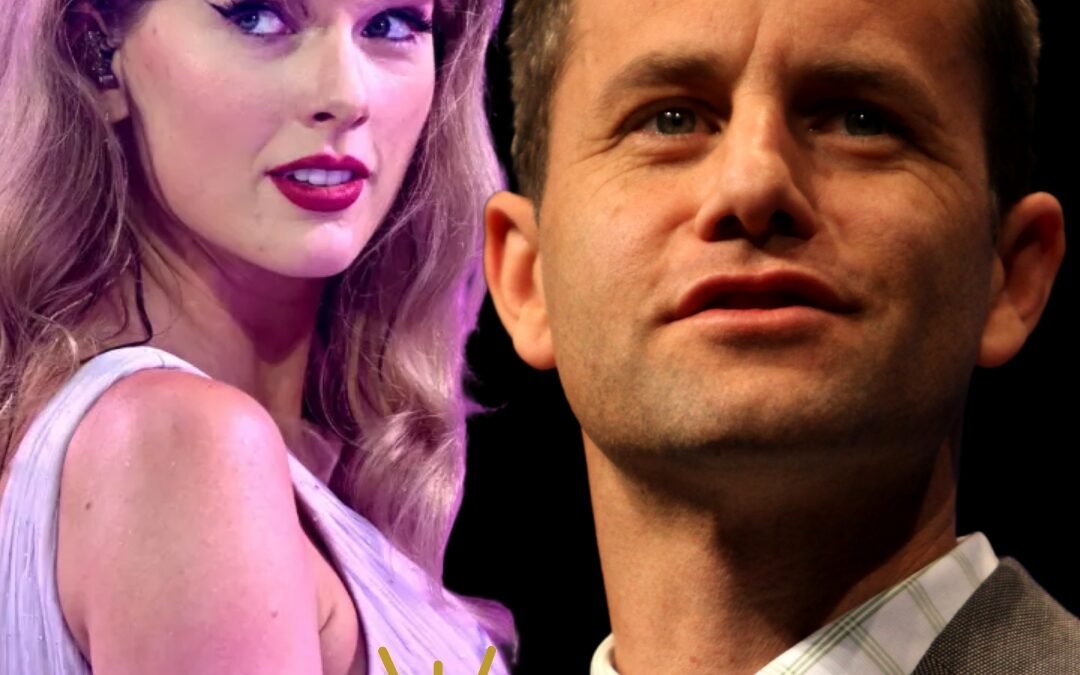Kirk Cameron, a 54-year-old father of six and actor known for his roles in “Growing Pains,” has expressed deep concern over Taylor Swift’s music, warning that her songs “mock God, normalize sin,” and “glorify lust and rebellion.”
As a prominent figure in the Christian community, known for his roles in “Growing Pains” and various faith-based projects, Cameron believes Swift’s music has become a form of “discipleship” for young people, shaping their values and worldviews.
Cameron’s criticism centers around Swift’s lyrics, which he believes undermine Christian values and promote a lifestyle of rebellion and sin.
Specifically, songs like “Guilty As Sin” have sparked controversy for their perceived blasphemy, with lyrics that draw parallels between Swift’s love life and Jesus’ crucifixion.
Cameron argues that such content not only mocks God but also normalizes sin and glorifies lust and rebellion as a form of womanly empowerment.
Cameron worries that Swift’s influence over teenagers can serve as a substitute for parental guidance, potentially leading them astray. With millions of fans worldwide, Swift’s music has become a powerful force in shaping young people’s values and behaviors.
Cameron’s concerns are echoed by other Christian leaders, who argue that Swift’s music promotes a worldview that is fundamentally at odds with Christian teachings.
Former psychic Jenn Nizza has also spoken out against Swift, accusing her of promoting numerology, a form of divination. Nizza points to Swift’s fixation on the number 13, which she calls her “lucky number,” as evidence of this practice.
According to Nizza, numerology is a demonic practice that can lead to demonic oppression and pollute the minds of Swift’s fans.
Other Christian leaders have also criticized Swift’s music for its perceived anti-Christian themes. Shane Pruitt, National Next Gen director for the Southern Baptist Convention’s North American Mission Board, urges Christian parents to reconsider allowing their children to listen to Swift’s music, showing the difference between secular music and anti-Christian content.
Sean Feucht, a Christian singer, has also accused Swift’s album of containing explicit lyrics, mocking Christians, and blaspheming God.
The ongoing debate about Swift’s music shows the role of art and entertainment in shaping cultural values. As a cultural icon, Swift’s music has a huge influence over young people’s lives, and her lyrics have sparked intense discussion and debate.
While some see her music as a form of artistic expression, others view it as a reflection of the values and worldviews that are shaping our culture.

